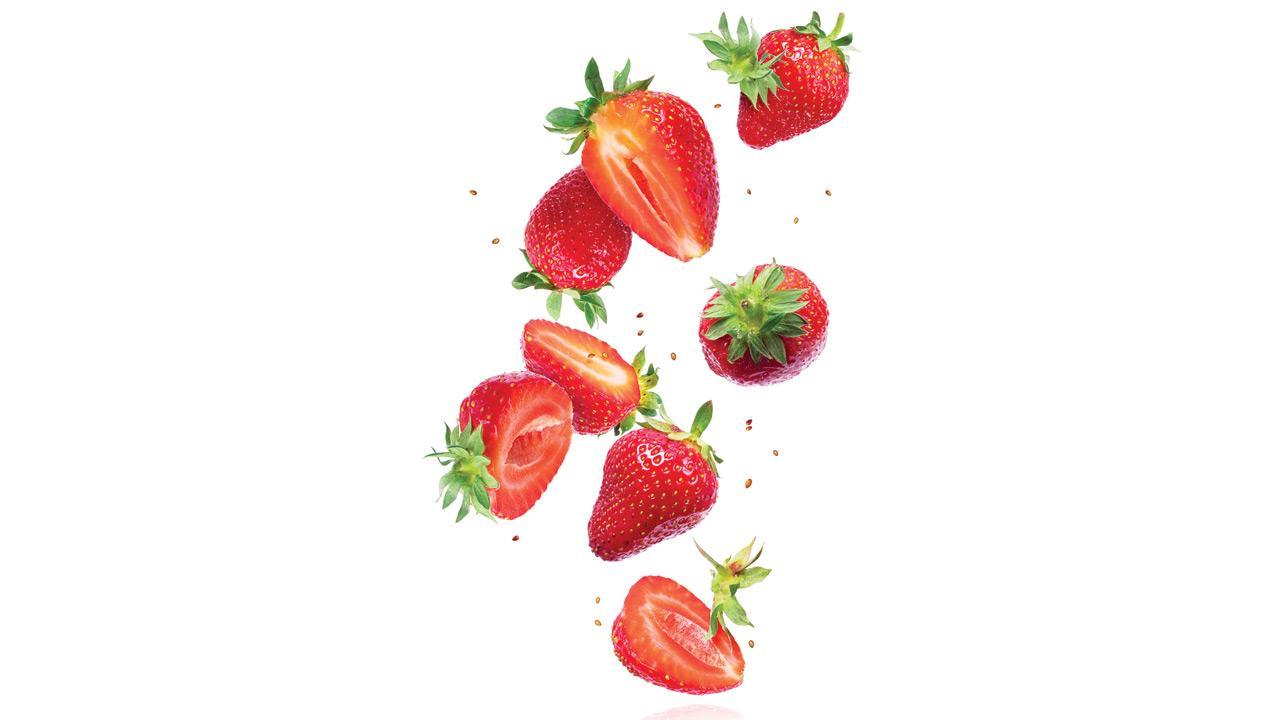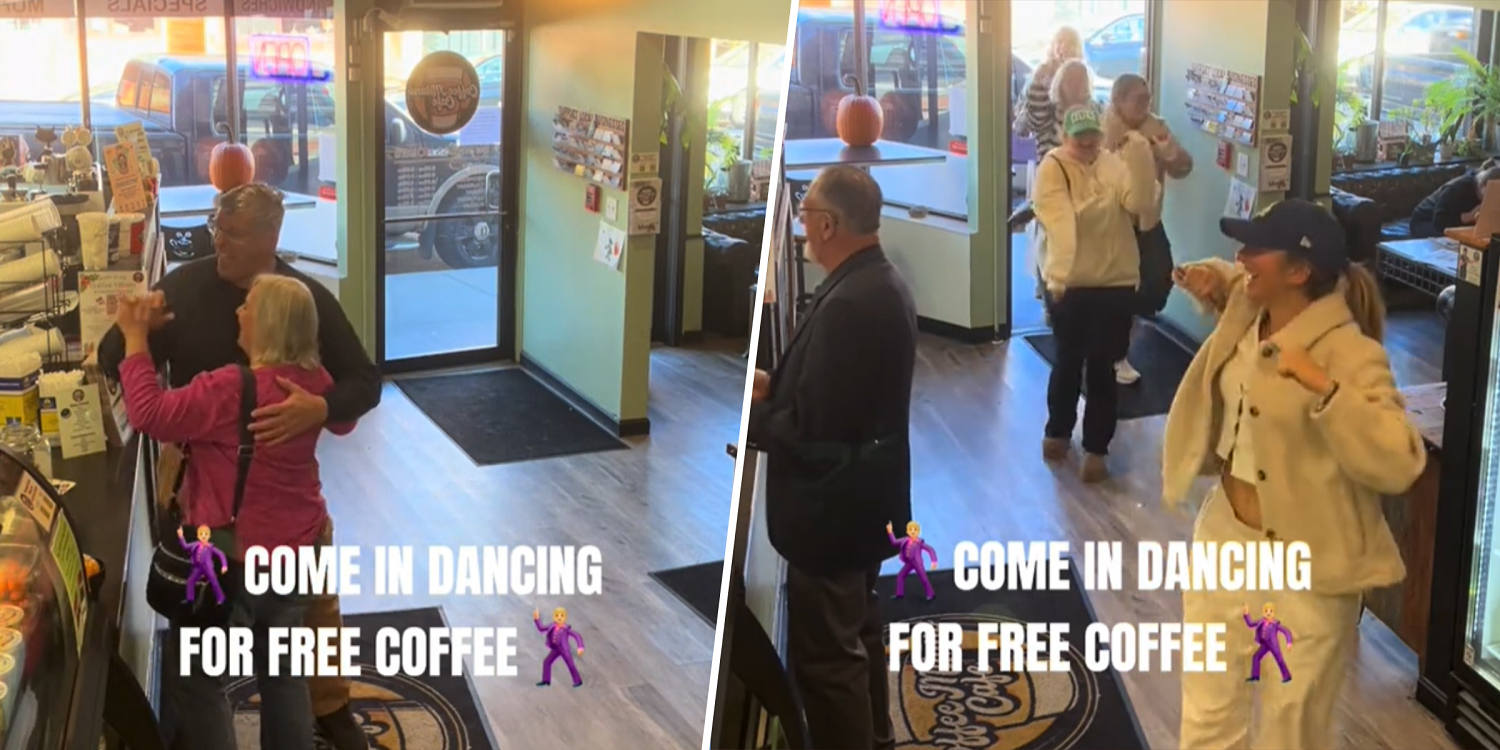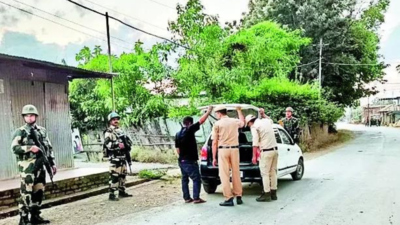When I can, I like to drive down to my parents’ home in Riverside the day before Thanksgiving. When I wake up in my childhood bedroom the next morning, the house is already warm. The heater and oven are on and my mother is in the kitchen, grating cheese at the table or stirring collard greens on the stove.
Somehow, she times it perfectly so that all of her dishes are stable, allowing for a midmorning pause to watch the Macy’s parade or take a short nap, while my stepfather takes her place in the kitchen to make pancakes and breakfast sausage. If I’ve made my famous red wine sangria the night before, I might have a nip with breakfast. So sets off my Thanksgiving holiday.
For dinner, the dishes remain largely unchanged year after year — my mother’s mac and cheese, Aunt Debbie’s gumbo, my brother’s smoked brisket. This consistency is part of what I look forward to, but it’s that feeling of waking up snug and cozy that carries throughout the day and ends up defining my holiday memories. I recognized this warmth as I joined four Black chefs in Los Angeles in their homes and restaurants to learn the traditions and dishes that define their Thanksgiving holiday.
The recipes both overlap and differ from my own, reflecting the broad scope of pan-African cuisines. At “AfriCali” cookbook author Kiano Moju’s West Hollywood condo, I watched Moju, her mother and her aunt make Swahili lamb biriyani and sukuma wiki, two staple dishes you’ll find served across Kenya. At.


















